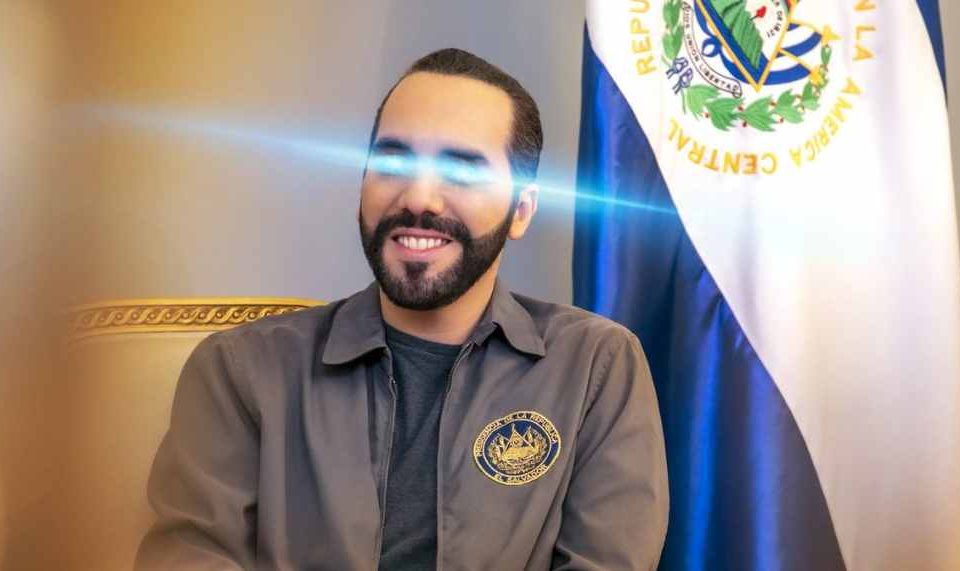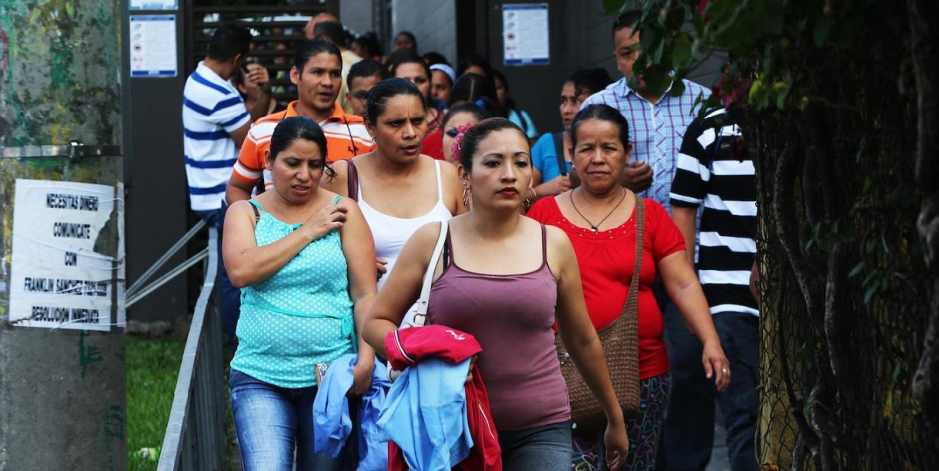El Salvador’s $425M bitcoin experiment turns out to be a complete failure as the country lost more than half of its crypto investment

El Salvador, a country with a minimum wage of $365 per month, has lost more than half of its crypto investment as bitcoin fell by more than 70% from its November 2021 peak of $69,000. We first covered El Salvador in June 2021 after it became the first country in the world to adopt bitcoin as a legal tender.
A year later, El Salvador’s gamble on Bitcoin isn’t paying off like President Nayib Bukele hoped it would. The country’s hope in bitcoin as the economic salvation has now left the country in more debt. The country is now in need of a lot of cash to meet its upcoming debt payments of more than $1 billion in the next year, CNBC reported.
Last year, El Salvador President Nayib Bukele, who is also Latin America’s youngest president and known to break from the norms, declared Bitcoin as a legal tender alongside the United States dollar, however, concern grows as the value of Bitcoin plummets amid crypto market turmoil.
According to CNBC, El Salvador has spent $375 million on the bitcoin rollout, “which includes a $150 million trust designed to convert bitcoin instantly into dollars, $120 million on the $30 bitcoin bonus given to each citizen who downloaded the Chivo wallet, and the roughly $104 million the government has publicly admitted to spending on bitcoin.”
Citing Muci, CNBC also reported that these expenses plus the $50 million in unrealized losses on the country’s bitcoin portfolio mean that the country has spent around $425 million on “making bitcoin happen.”
According to the World Bank, El Salvador has a population of 6.4 million people plus another 1.5 million Salvadorians living abroad. 36 percent of El Salvador’s rural population lives in poverty. In addition, El Salvador has the highest homicide rate in the world, with 82.84 murders per 100,000 people.
Remittances from Salvadorans living and working in the United States and other countries account for 23 percent of El Salvador’s gross domestic product and benefit about 360,000 households. El Salvador is a largely cash-based economy. 70 percent of its population does not have a bank account.

Nine months after the nationwide rollout of bitcoin, it does not appear to have immediately delivered all the promises. Per CNBC, President Bukele tweeted in January that the country’s crypto app had 4 million users (out of a total population of 6.5 million). However, a report published by the U.S. National Bureau of Economic Research (NBER) in April says otherwise.
The NBER research, which was based upon a “nationally representative survey” involving 1,800 households, showed that only 20% of those who downloaded the wallet continued to use it after spending the $30 bonus.
London-based fintech data analyst Boaz Sobrado said, “On the surface, the whole bitcoin thing hasn’t really paid off. In terms of their financial situation, El Salvador is in a very difficult place. They have a lot of bonds that are trading severely discounted.”
Sobrado also commented on the bitcoin adoption rate in El Salvador saying: “In terms of actual penetration of bitcoin transactions, it seems to be quite low. There seem to have been issues with regard to the state-issued wallets. Lots of people downloaded it, but it was buggy. It wasn’t really the best user experience.”

